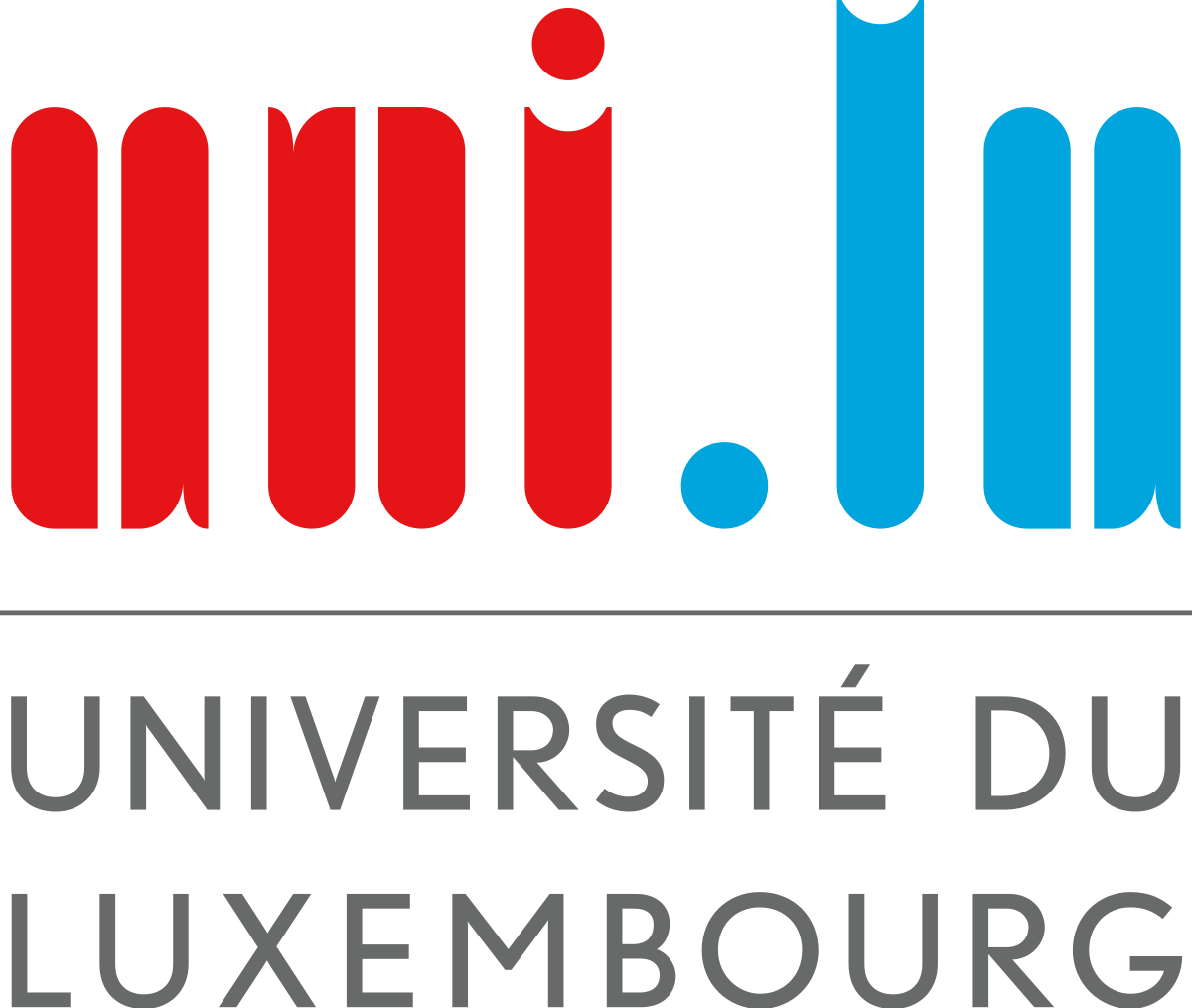
Postdoc focusing on the role of infective competence of the human microbiome in health and disease
Université du Luxembourg
- Belval, Esch an der Alzette
- € 83.099 pro Jahr
- Freiberuflich
- Vollzeit
- Experienced in sequence-based and/or structure-based functional annotation of microbial genomes, including also metagenome-assembled genomes
- Prior work with virulence factors (in silico/in vitro) is considered an asset
- Implementation of reproducible computational workflows (using snakemake, nextflow, etc.)
- Collaborative code development using Git and GitHub/GitLab
- End-to-end processing (QC, preprocessing, processing, data analysis) of at least one of the following data types: metagenomics, metatranscriptomics, metaproteomics, metametabolomics, is considered an asset
- Familiarity with UNIX/LINUX-based operating systems and shared compute infrastructure
- A PhD in Biomedical Sciences, Biochemistry, Bioinformatics, Analytical Chemistry, Microbial Ecology, or related disciplines
- Dry-laboratory experience
- Experience in translating dry-lab experience to wet-lab experiments is considered an important asset
- Previous experience in bioinformatic analysis of mixed microbial communities or Systems Biology datasets in at least one computer programming or scripting language (Python, R, Ruby, etc.) will be considered assets
- A good working knowledge of basic statistical concepts
- Team player
- Highly reliable and precise work style
- Great organizational skills and willingness to work independently in phases of potentially little guidance from supervisor
- Prior supervision activities, e.g., undergraduate or graduate students, will be considered an asset
- Excellent working knowledge of English
- Excellent work environment with state-of-the-art infrastructure, laboratory and administrative support
- Truly connected. We work together with hospitals and research institutes on a national and international level as well as industrial partners. Connection between science and society is very important to us. From our school lab – the Scienteens Lab – to the different outreach activities and collaborative partnerships with patient associations, we love to listen to society’s needs and share our passion for science
- Be part of a multicultural team. At the LCSB we have more than 50 nationalities. Throughout the year, we organise team-building events, networking activities and more
- A detailed curriculum vitae
- List of publications, if applicable
- Cover letter indicating your motivation for this position, relevant past experience and future interests
- Name and addresses of two referees
- Contract type: Fixed Term Contract 24 Month (may be extended up to 5 years)
- Start date: June 2024
- Work hours: Full Time 40.0 Hours per Week
- Location: Belval
- Job reference: UOL06274
- Multilingual and international character. Modern institution with a personal atmosphere. Staff coming from 90 countries. Member of the “University of the Greater Region” (UniGR)
- A modern and dynamic university. High-quality equipment. Close ties to the business world and to the Luxembourg labour market. A unique urban site with excellent infrastructure
- A partner for society and industry. Cooperation with European institutions, innovative companies, the Financial Centre and with numerous non-academic partners such as ministries, local governments, associations, NGOs …
Prof. Paul Wilmes
E-mail:
Telephone: (+352) 46 66 44 6188[